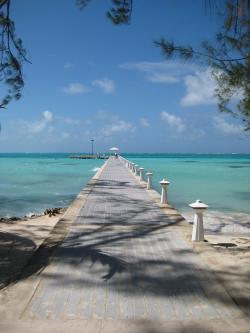jks
About
- Username
- jks
- Joined
- Visits
- 36,235
- Last Active
- Roles
- Member, Administrator, Moderator
- Points
- 639
Reactions
-
Trying to contact G3XOU
-
Request for simple feature: tuning lock [fixed in v1.388]
-
Request for simple feature: tuning lock [fixed in v1.388]
-
v1.387, 388, 389
From the CHANGE_LOG file:v1.388 April 11, 2020 Desktop UI improvements: Added "tuning lock" to right-click popup menu. When active a single-click in waterfall or DX label area will briefly show a "tuning locked" overlay. Should perhaps be extended to include clicks in tuning scale. Does not effect other methods of tuning, e.g. entry in frequency box, click on +/- step buttons. Mobile UI improvements: Double-tap/touch brings up popup menu (same menu as right-click on desktop). Has tuning lock function same as desktop. Two finger pinch-in/out gesture will zoom the waterfall in/out. Tested on iOS & Android. -
v1.387, 388, 389




